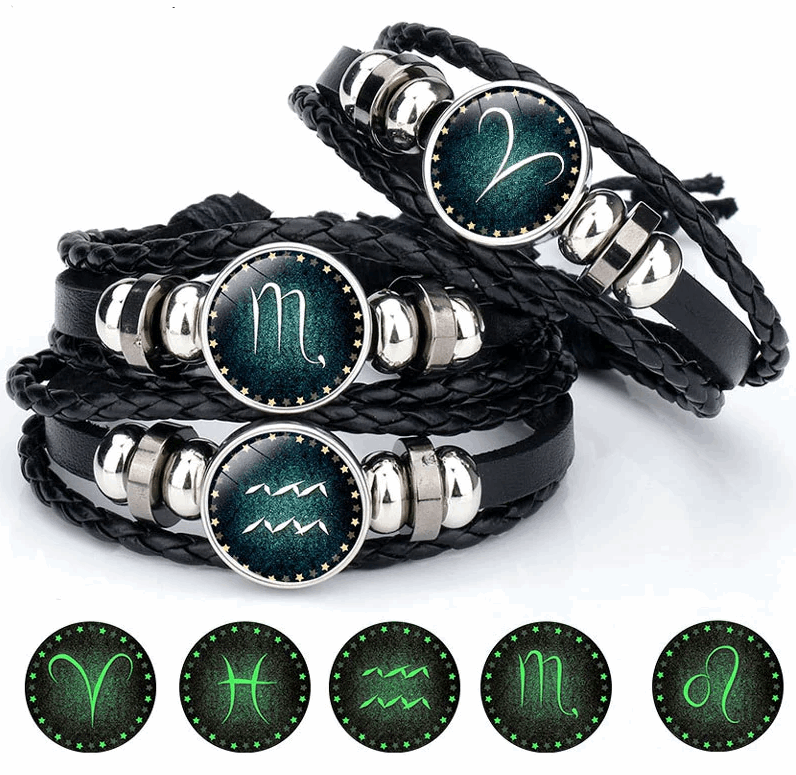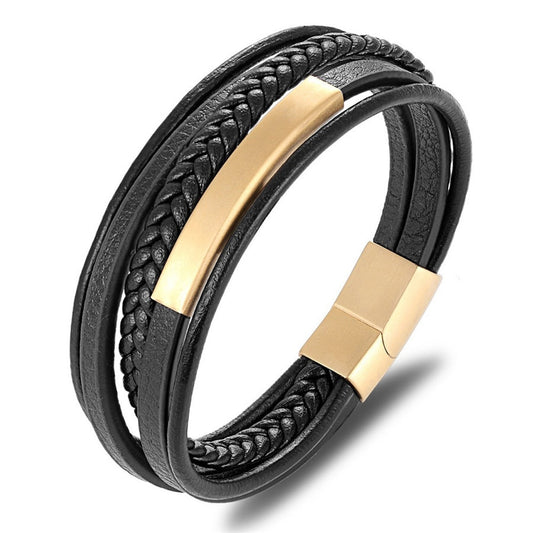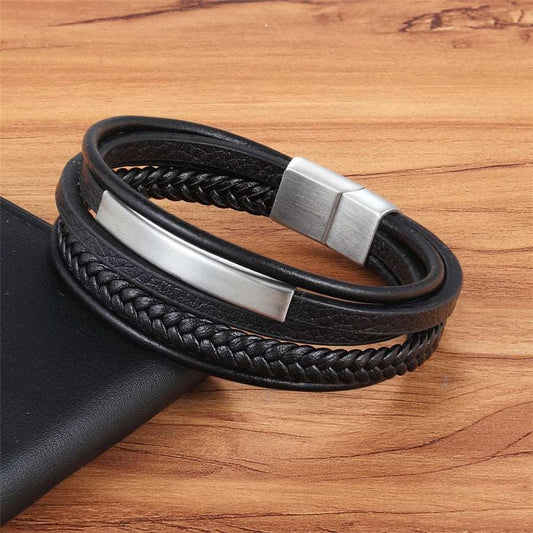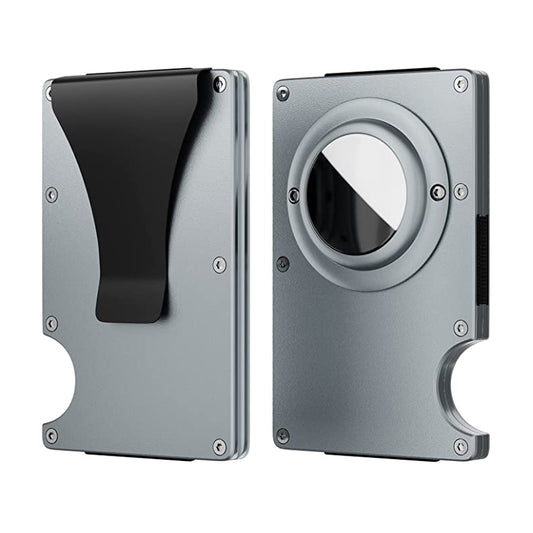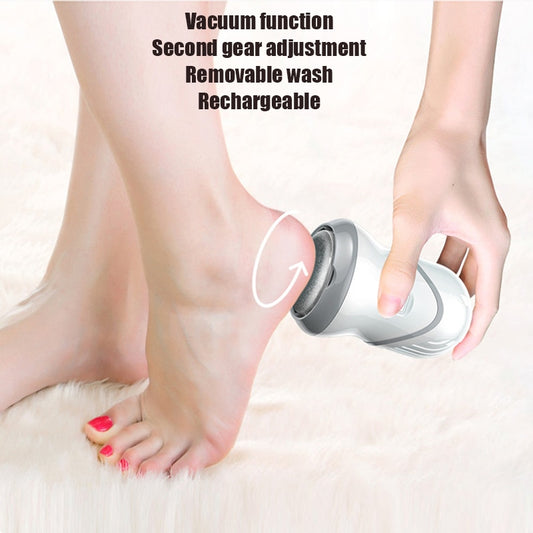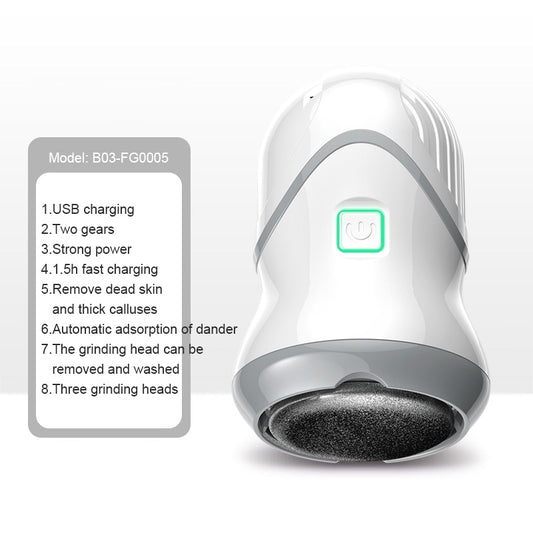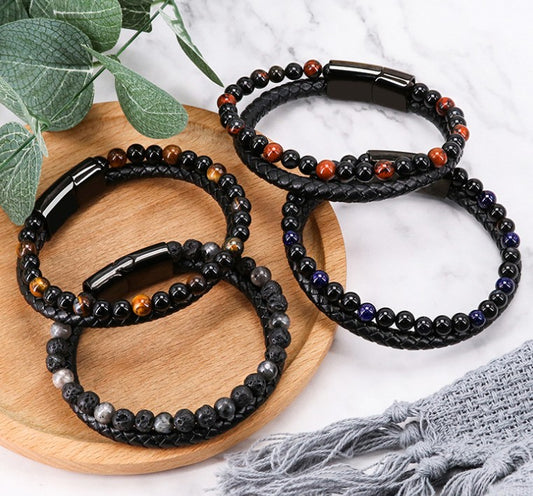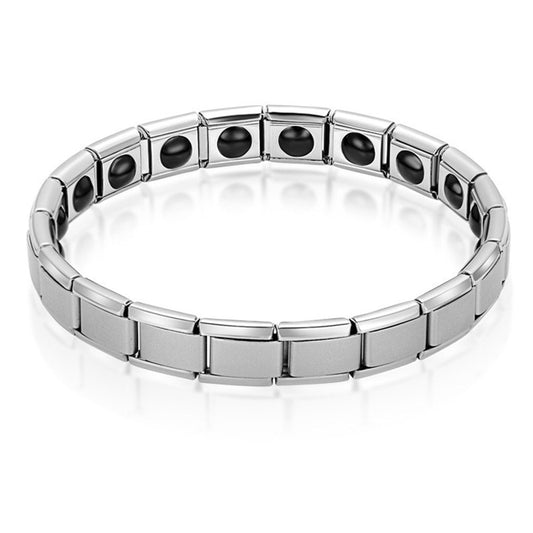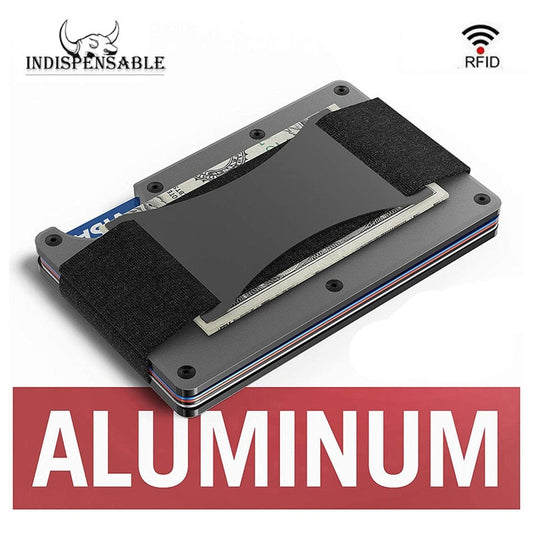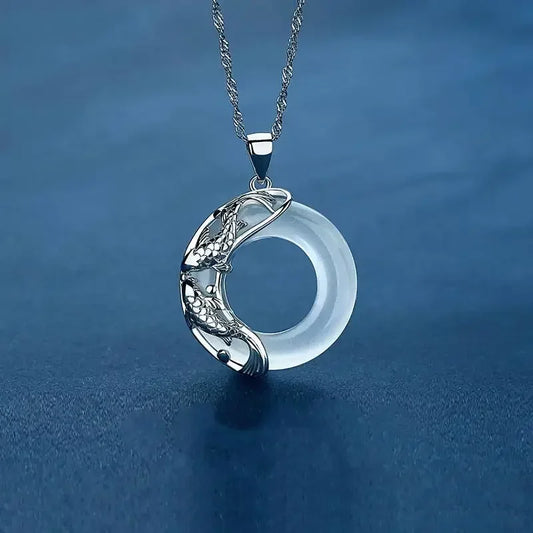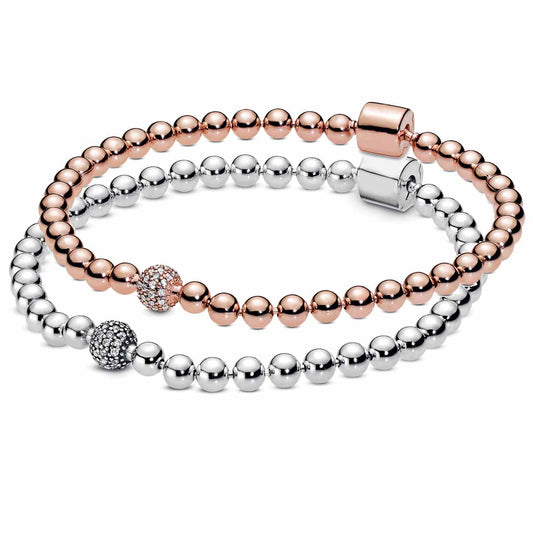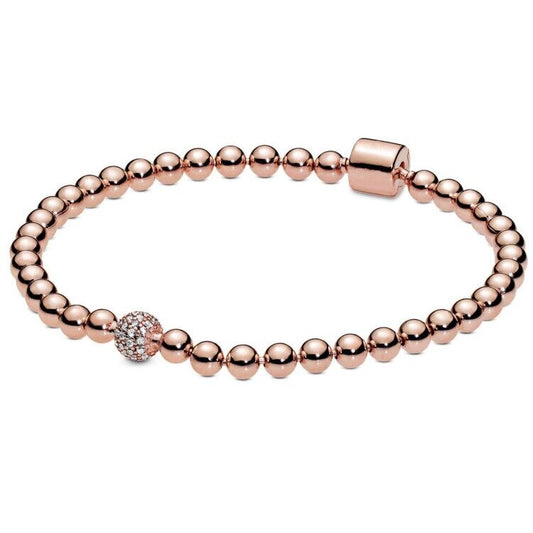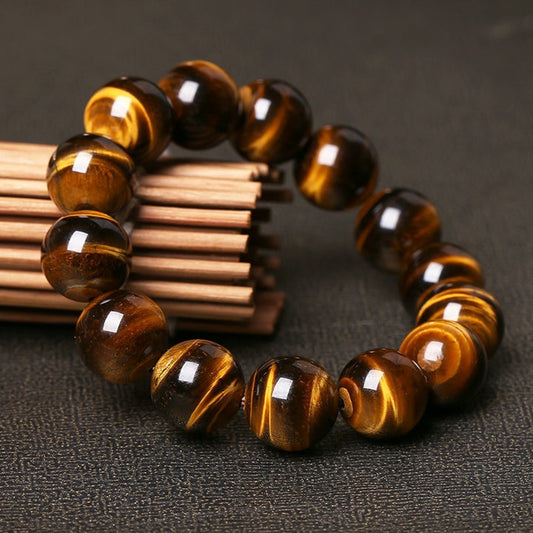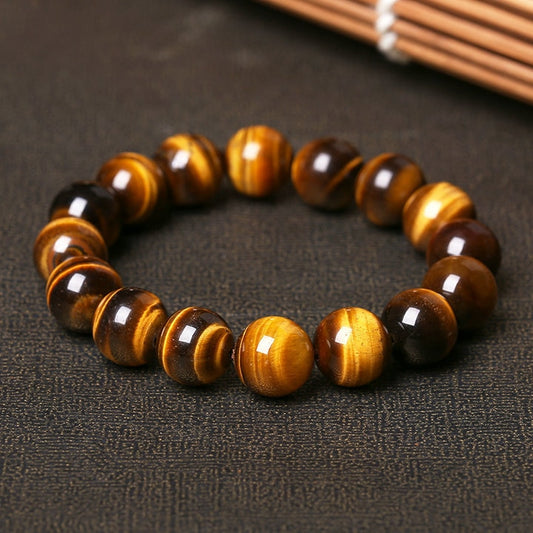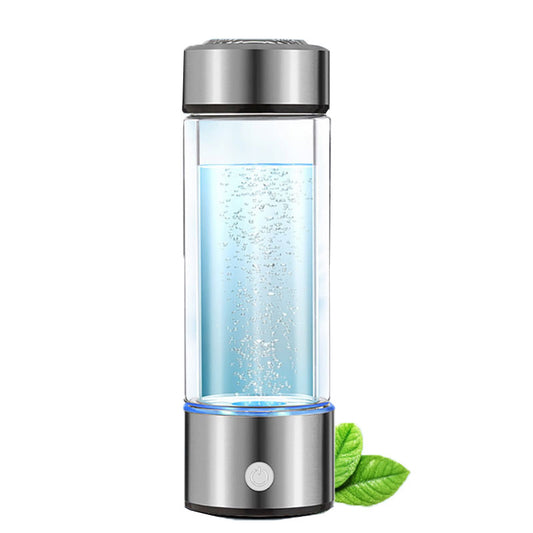
Essential oils, benefits and how to use them
Share
Essential oils are concentrated plant extracts that have been used for centuries for their therapeutic properties. They are extracted from various parts of plants, including flowers, leaves, bark, and roots, and are used in aromatherapy, massage therapy, and other forms of alternative medicine.
Essential oils have many benefits, including reducing stress and anxiety, improving sleep, and killing bacteria, funguses, and viruses. One of the most significant benefits of essential oils is their ability to reduce stress and anxiety. Many essential oils, such as lavender, chamomile, and bergamot, have calming properties that can help to reduce stress and promote relaxation. Inhaling the scent of these oils can help to lower blood pressure, slow down the heart rate, and reduce feelings of anxiety and depression. Another benefit of essential oils is their ability to improve sleep. Essential oils such as lavender, chamomile, and ylang-ylang have sedative properties that can help to promote relaxation and improve sleep quality. These oils can be used in a diffuser or added to a bath to help you relax and fall asleep more easily.
Essential oils also have antibacterial, anti-fungal, and antiviral properties that can help to kill harmful microorganisms. Oils such as tea tree, eucalyptus, and peppermint have been shown to be effective against a wide range of bacteria and viruses, making them useful for treating infections and preventing the spread of disease.In addition to these benefits, essential oils can also be used to enhance massage therapy, reduce headaches, and improve mood. However, it is important to note that essential oils should be used with caution and under the guidance of a qualified practitioner. Some oils can cause skin irritation or allergic reactions, and some can interact with medications. Overall, essential oils are a natural and effective way to promote health and well-being. Whether you are looking to reduce stress, improve sleep, or boost your immune system, there is an essential oil that can help. With proper use and guidance, essential oils can be a valuable addition to your health and wellness routine.
How to use essential oils for aromatherapy
Aromatherapy is a popular way to use essential oils for their therapeutic benefits. To use essential oils for aromatherapy, you can add a few drops of the oil to a diffuser or vaporiser and inhale the scent. You can also add a few drops of the oil to a carrier oil, such as coconut or jojoba oil, and use it for massage or apply it to your skin. When using essential oils for aromatherapy, it is important to choose high-quality oils and to dilute them properly. Essential oils should never be applied directly to the skin, as they can cause irritation or allergic reactions. Instead, they should be diluted with a carrier oil before use.Different essential oils have different therapeutic properties, so it is important to choose the right oil for your needs. For example, lavender oil is known for its calming properties and is often used to promote relaxation and improve sleep. Peppermint oil is invigorating and can help to improve focus and concentration. Overall, essential oils can be a powerful tool for promoting health and well-being. By using them for aromatherapy, you can enjoy their therapeutic benefits and improve your mood, reduce stress, and promote relaxation. However, it is important to use them safely and under the guidance of a qualified practitioner.
How to properly dilute essential oils for safe use
To properly dilute essential oils for safe use, it is important to use a carrier oil, such as coconut oil, olive oil, almond oil, jojoba oil, argan oil, grape-seed oil, or avocado oil. A good rule of thumb is to use one drop of essential oil per teaspoon of carrier oil for a 1% dilution. For a 0.5% dilution, you can use half a drop of essential oil per teaspoon of carrier oil.When diluting essential oils, it is important to measure the drops carefully and use measuring spoons when mixing larger amounts. It is also important to use high-quality, 100% pure plant-derived essential oils for a high-quality blend.The concentrations of essential oils in a blend will depend on the intended use and the sensitivity of the skin. For infants and children, it is recommended to add just 1 to 3 drops of essential oil to every ounce of the diluting agent, for a maximum concentration of 0.5%. For adults, the amount of essential oil added will depend on the skin condition and the frequency of use. A general guideline is to add 10 to 20 drops of essential oil (a maximum concentration of about 3%) for long-term regular use, and 30 to 60 drops of essential oil (a maximum concentration of about 10%) for use of no longer than 2 weeks. It is important to note that some essential oils have special dilution needs, and it is important to be aware of these when working with them. It is also important to use extreme caution with oils that are more likely to cause irritation and sensitisation, and to remember that less is more when working with essential oils.
Which carrier oils are best for diluting essential oils
There are many carrier oils that can be used to dilute essential oils for safe use. Some of the most popular carrier oils include coconut oil, olive oil, almond oil, jojoba oil, argan oil, grape-seed oil, avocado oil, fractionated coconut oil, and moringa oil. Each carrier oil has its own unique properties and benefits, so it is important to choose the right one for your needs. Coconut oil is a popular carrier oil because it has a low molecular weight, allowing it to penetrate the skin easily. It is also moisturising and has antimicrobial properties. Olive oil is another popular carrier oil that is rich in antioxidants and has anti-inflammatory properties. Almond oil is a good choice for sensitive skin, as it is gentle and hypoallergenic. Jojoba oil is similar in composition to the natural oils produced by the skin, making it a good choice for oily or acne-prone skin. Argan oil is a highly moisturising carrier oil that is rich in vitamin E and antioxidants. Grape-seed oil is a lightweight carrier oil that is easily absorbed by the skin and has astringent properties. Avocado oil is a rich and nourishing carrier oil that is high in vitamins A, D, and E. Fractionated coconut oil is a liquid form of coconut oil that is highly stable and has a long shelf life. Moringa oil is a nutrient-rich carrier oil that is high in antioxidants and has anti-inflammatory properties.Overall, the best carrier oil for diluting essential oils will depend on your skin type and the intended use of the blend. It is important to choose a high-quality carrier oil and to dilute the essential oil properly to ensure safe use.
Which carrier oils are best for sensitive skin
For sensitive skin, it is important to choose carrier oils that are light, mild, and non-irritating. Some of the best carrier oils for sensitive skin include jojoba oil, sweet almond oil, sesame seed oil, apricot oil, and rosehip oil.Jojoba oil is a non-comedogenic carrier oil that is similar in composition to the natural oils produced by the skin, making it a good choice for sensitive skin. Sweet almond oil is gentle and hypoallergenic, making it a good choice for sensitive skin. Sesame seed oil is a light and non-greasy carrier oil that is easily absorbed by the skin. Apricot oil is a good choice for sensitive skin, as it is gentle and moisturising. Rosehip oil is suitable for all skin types, including sensitive skin, and is non-greasy. Overall, when choosing a carrier oil for sensitive skin, it is important to choose a high-quality oil that is gentle and non-irritating. It is also important to patch test the oil before use to ensure that it does not cause any adverse reactions.
